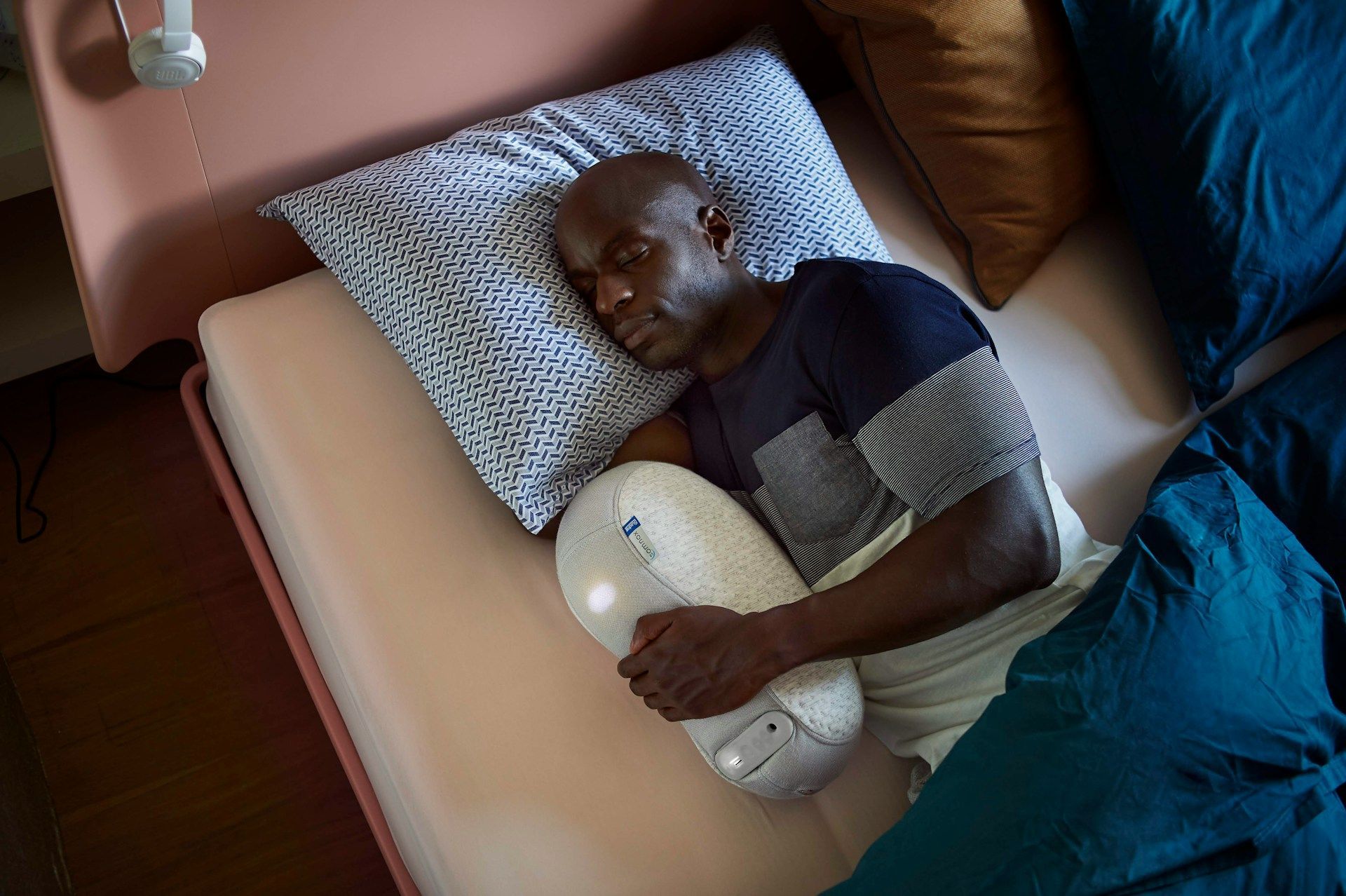Sleep Apnea on Professional Drivers: Risks, Regulations, and Solutions

Professional drivers, in particular, those operating commercial vehicles, are required to navigate long hours on the road and adhere to strict time schedules. These responsibilities can often lead to compromised sleep quality and contribute to the development of sleep disorders like sleep apnea.
Sleep Advantage, a sleep apnea treatment center in Arlington, WA, recognizes the unique challenges faced by professional drivers and seeks to provide comprehensive care, support, and solutions for those suffering from sleep apnea. This blog post serves as an informative resource for professional drivers with sleep apnea, discussing its potential impact on their safety, industry regulations, and available treatment options.
Sleep apnea is a prevalent sleep disorder characterized by repeated episodes of partial or complete blockage of the airway during sleep, which can lead to disrupted sleep and significant daytime fatigue.
These symptoms have been shown to increase the risk of traffic accidents, as drivers may experience microsleeps, delayed reaction time, and reduced attention. As a result, professional drivers with untreated sleep apnea may face not only personal health risks but also potential regulatory consequences and an increased danger for those sharing the road.
In this comprehensive guide, we will explore the risks associated with sleep apnea in professional drivers, understanding how it affects their job performance, safety, and well-being. We will also discuss how sleep apnea is addressed within industry guidelines and regulations, focusing on the Federal Motor Carrier Safety Administration (FMCSA) and Department of Transportation (DOT) requirements for commercial drivers.
Lastly, we will provide actionable solutions for professional drivers seeking treatment for their sleep apnea, offering insights on CPAP alternatives and other sleep apnea treatment options available at Sleep Advantage.
By emphasizing the importance of addressing sleep apnea in professional drivers, this article aims to encourage awareness, safe driving practices, and proper treatment to promote both the well-being of drivers and overall roadway safety. Sleep Advantage is committed to providing tailored support and effective solutions for those in the transportation industry, helping drivers overcome sleep apnea and its potential challenges while ensuring their careers remain on the right track.
Understanding the Risks of Sleep Apnea for Professional Drivers
Sleep apnea can have a substantial impact on the safety and ability of professional drivers to fulfill their job responsibilities. Some of the risks include:
- Daytime Fatigue: Repeated sleep disruptions caused by sleep apnea can lead to daytime fatigue and sleepiness, impairing drivers' ability to concentrate and stay alert.
- Microsleeps: Sudden, brief periods of unintended sleep can occur, causing the driver to lose control of their vehicle for a few seconds, which can be especially dangerous at high speeds or in heavy traffic.
- Slower Reaction Time: Sleep-deprived drivers may have slowed reaction times, affecting their ability to respond to sudden changes in traffic or road conditions.
- Reduced Decision-Making Abilities: Untreated sleep apnea can lead to cognitive impairment, making it harder for drivers to make safe and accurate decisions while on the road.
Industry Regulations and Compliance for Professional Drivers with Sleep Apnea
Recognizing the risks associated with sleep apnea, industry regulations and guidelines have been developed to ensure the safety of both drivers and the public. Key regulatory requirements include:
- DOT Physical Examination: Commercial drivers are required to undergo regular Department of Transportation (DOT) physical examinations, which assess their medical fitness for duty. Sleep apnea screening may be included in these evaluations.
- FMCSA Guidelines: The Federal Motor Carrier Safety Administration (FMCSA) provides guidelines for medical examiners to screen, diagnose, and treat sleep apnea in professional drivers, including recommendations on when treatment is necessary for continued driving certification.
- Compliance with Treatment Protocols: Professional drivers diagnosed with sleep apnea must comply with their prescribed treatment plan to maintain their certification. Compliance may be monitored through regular medical examinations and follow-ups.
CPAP Alternatives for Professional Drivers
Continuous Positive Airway Pressure (CPAP) therapy is the most common treatment for sleep apnea. However, some professional drivers may find it challenging to adhere to CPAP therapy due to factors such as inconvenience, discomfort, or lack of access to electricity during rest periods. Fortunately, alternative treatments are available:
- Oral Appliance Therapy: Custom-fitted dental devices can be used to reposition the jaw or tongue, helping to maintain an open airway and reduce sleep apnea symptoms. Oral appliances are portable and do not require electricity.
- Positional Therapy: For drivers with mild to moderate positional sleep apnea, sleeping in a specific position (such as on their side) can help reduce symptoms.
- Lifestyle Changes: Weight loss, exercise, and avoiding alcohol or sedative medications before bedtime can significantly improve sleep apnea symptoms in some drivers.
Finding the Right Treatment for Sleep Apnea as a Professional Driver
The journey towards effective sleep apnea treatment for professional drivers starts with a comprehensive assessment and accurate diagnosis. Sleep Advantage works closely with patients to determine the most appropriate treatment option based on individual needs and preferences. We understand the unique challenges faced by professional drivers and offer customized treatment plans designed to promote compliance, improve sleep quality, and enhance overall safety on the road.
Conclusion
Sleep apnea is a significant concern for professional drivers, as it can profoundly impact their safety and well-being. By understanding the risks associated with sleep apnea, staying informed about pertinent regulations, and exploring alternatives to CPAP therapy, drivers can effectively manage their sleep disorders while maintaining a successful career in the transportation industry.
Sleep Advantage is committed to providing tailored support and effective solutions for professional drivers, helping them overcome sleep apnea and its potential challenges. Through proper education, treatment, and compliance, drivers can maintain a safe and healthy life on the road. Book a telemedicine appointment for more information on sleep apnea treatment!










